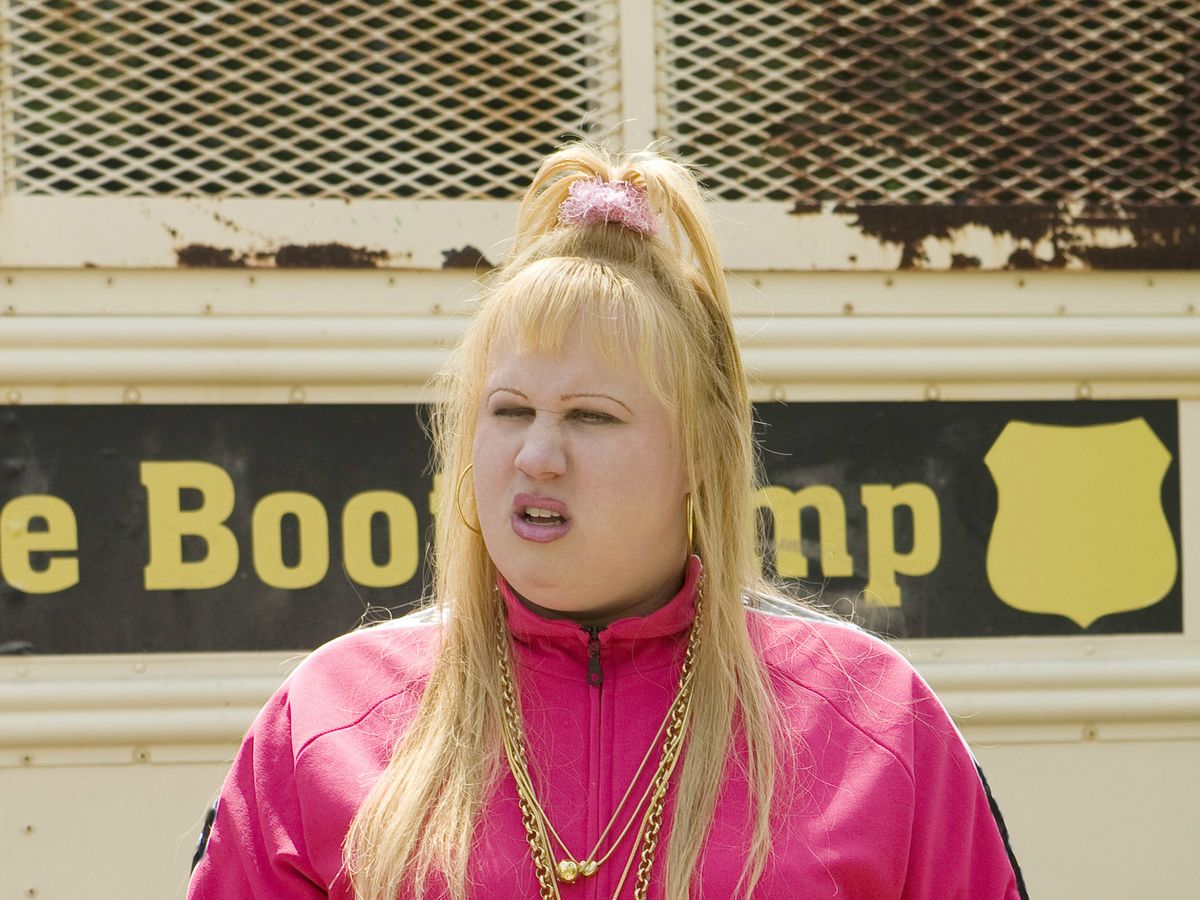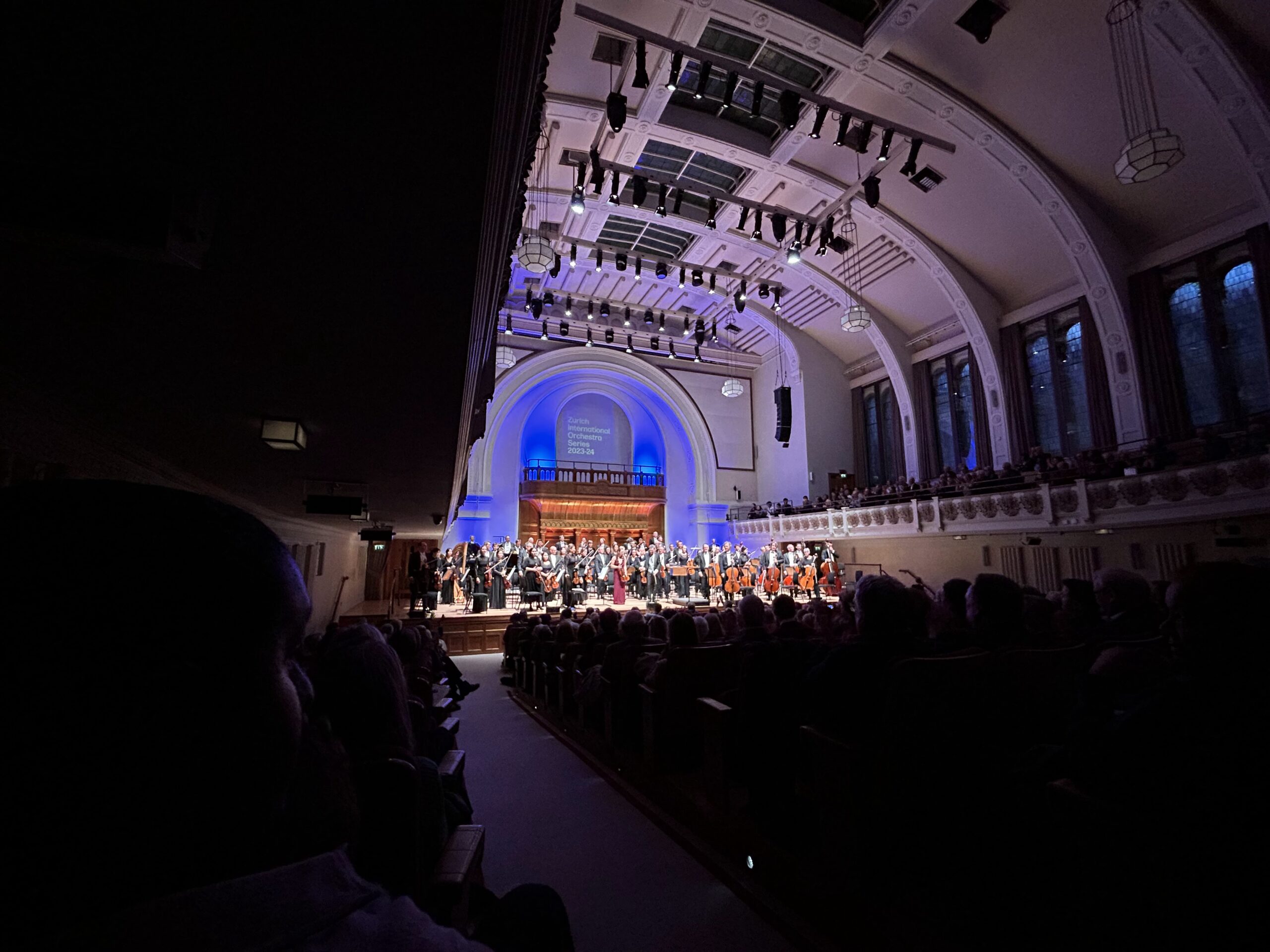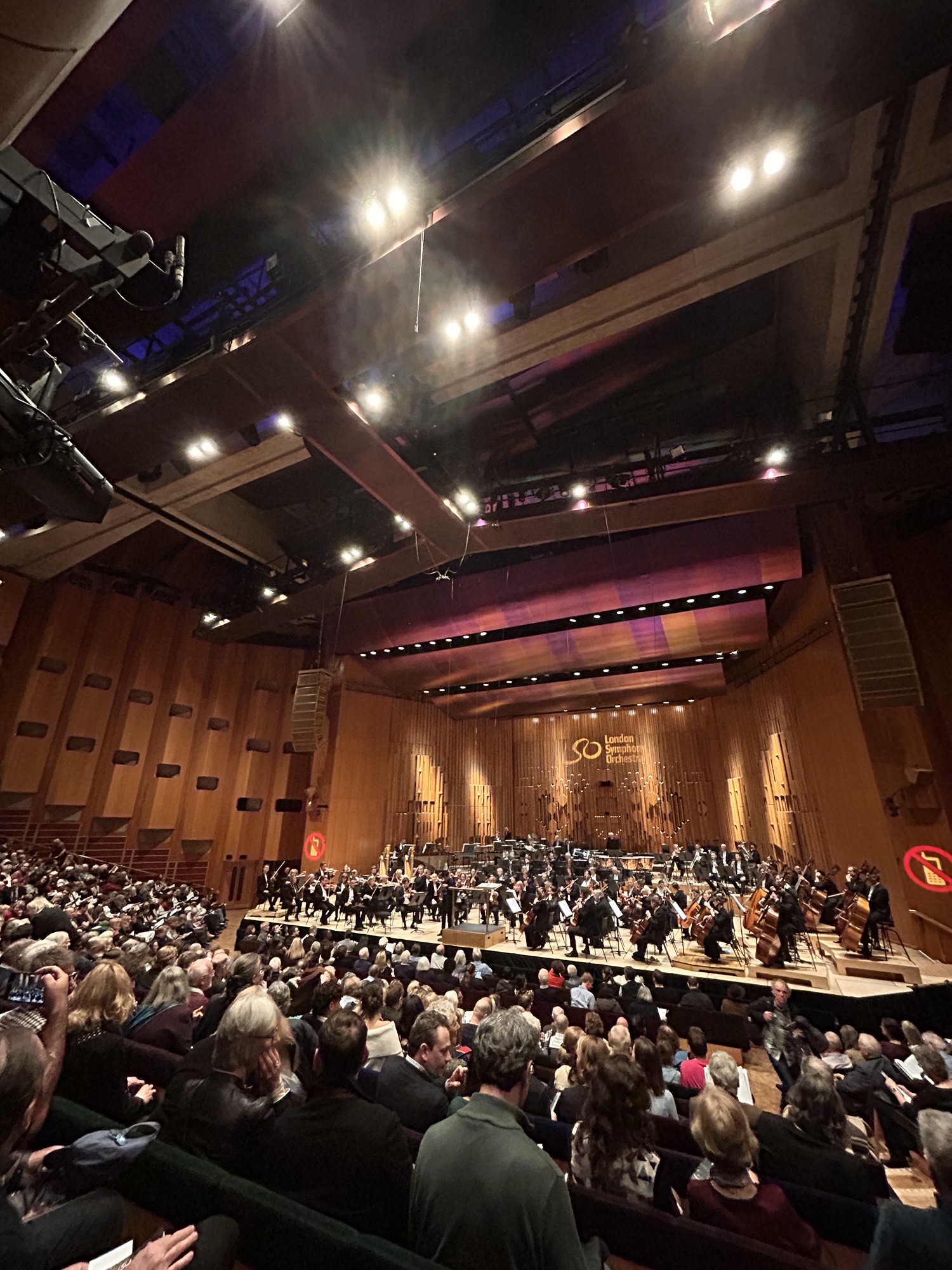It’s the first time in a long time I’ve wanted to write. So, please treat this post as a way of breaking myself back into the process. An attempt to order a jumble of thoughts. The first in a pre-paid programme of self-facilitated therapy sessions.
On returning to writing
Writing now triggers all sorts of different thoughts and feelings, some of which make the practise almost impossible. A list of those thoughts presents itself.
- There’s nothing to say about classical music right now
- Your copy will ramble
- Your copy always rambles
- You bring way too much of yourself to your copy
- You make everything about you
- You take ages to get to the point
- There is no event everyone is coalescing around
- People don’t want to be reminded of what they don’t have
- You have an over-inflated idea of your own importance
- Shut the fuck up
There are some truisms in here. Even in the first two paragraphs points four, five and six are borne out. Watch the detractors rub their hands together with glee at that one.
Importantly, is the question of where these thoughts originate and what their effect is.
In coaching terms I know where those phrases originate. The effect is creative gas-lighting.
To bring oneself to ones writing – whether it’s literally using the first person in one’s copy, or drawing on first-hand experience or turns of phrase is for some a sign of weakness or exclusivity. I have over the past three or four weeks felt guilty for my go-to creative framework that is second-nature because of the very creative outlet – a blog – that helped develop my creativity.
One has to be robust. Rigorous. Recognise when the gas-lighting occurs and take steps to avoid it, so that what’s important is allowed the space it needs: advocacy whether it be in writing, audio, visual storytelling depends on knowledge, experience and emotional awareness. Bringing that to one’s creativity isn’t just a good thing, it’s a requirement. Otherwise, how do you connect with your audience?
Content fatigue? No, distractions

I read somewhere on social media that some considered classical music consumers were suffering content fatigue in response to the slew of digital endeavours embarked upon by various arts organisations amid COVID-19.
It’s true that there are a multitude of split screen lockdown performances which are very quickly blending into one another. One or two resonate more than others – the Rotterdam Philharmonic, Fairey Band’s Slane, and The Sixteen’s recent release.
These are successful not because they have cut-through, but because they have a narrative underpinning them or they anticipate and exploit an emotion experienced by a majority audience.
I remain convinced that offering free content like this is not detrimental to the music industry. It is a pragamatic and understandable reaction by a number of arts organisations and individual performers to unforeseen circumstances. This moment in time provides an excellent marketing opportunity and digital is king at raising awareness (even if it struggles to result in changed behaviours).
Raising awareness then is a baseline for arts organisations during this hiatus. But in doing this digital producers and artistic directors now (finally) appreciating what digital is for (even if they don’t understand its often contradictory complexities) need to remember that audiences (those that are lucky enough to work, as well as those interacting with family on handheld devices or over Zoom) are spending considerably more time at their laptops during this pandemic. Little wonder then that a bright blue sky, the warmth of the sun on your skin, or simple pleasures like plants, baking, or reading a book are compelling distractions over watching another video online.
It’s not that its content fatigue, it’s that there are bigger, more powerful and considerably more gratifying distractions right now. If you’re making content right now that content is competing with those distractions. That’s what you need to bear in mind.
Managing oneself in isolation
As the lockdown continues and will, let’s face it, for the rest of the year, some aspects of day to day life are coming more and more into focus.
Switching between tasks without the usual moving from location to location which marks out those different activities is, I think this week, as much a drain on energy reserves as being in receipt of a poorly phrased email, mean-spirited exchange on What’s App, or an extended video conference call.

I was lucky enough to have lined up a month’s worth of project work for April which has now spilled into May. The to-do list is now getting reduced to a more manageable size which is a relief. At the same time I recognise I’ve been battling not only with the workload, but the intensity of it and the associated thought-processes (most of them negative) made more destructive by isolation-powered focus I’m working with.
Every-day now feels like a working day. There aren’t enough hours in the day. I never finish my day at the time I want to. I don’t really relax. I see how one could easily stumble into burn-out by continuing this way.

One of the solutions is to limit calls that interrupt the flow. My current bugbear is calls where things are just reported. It’s the meeting equivalent of listening to some playing a C Major scale – something I have to be present for but which doesn’t engage me as much as perhaps it does the person playing it. Isolation brings experiences like these into focus: our presence and participation in group experiences needs to be defined beforehand and ideally active too.
And the other thing that has become clearer for me in isolation is the need for empathy, praise and encouragement for others. Denied the serendipitous interactions with friends and associates, all of our exchanges are now pre-arranged, deliberate acts. If those are the only interactions you’re experiencing then the content of them needs to be well-intentioned, genuine, sincere, and long-lasting.
For the sake of everyone else’s mental wellbeing, we need to approach every interaction with positive intent. The great wave of compassion and empathy at the beginning of lockdown now feels like a distant memory. It feels as though we’re in danger of falling into the same habits we did before we were all locked away in our homes. Only the effect of some of those same habits is going to be more intensely felt by most of us because we have nowhere to escape to in response to them.
One undoubted and unexpected boon was participating in a coaching learning session with some peers Friday. Within minutes of the call starting it was as though all five of us were participating in a big collective breath. Space expanded all around. Implicit permission given to explore the imagination, to identify present needs. This kind of work is powerful. And needed. Especially in lockdown.
Where my musical tastes have rested recently

I began writing this section of the post listening to Vaughan Williams fifth symphony again – a work I’ve been returning to a lot this past week. The third movement largo with its opening call to prayer from the cor anglais: a reflection on those in need; a statement of hope that we will be there for them as we’d hope others will be for us. It, like the coaching learning session yesterday, has the power to release great waves of emotion whenever I hear it. Listening to it is like plunging into a very deep pool, not realising you needed to until your skin hits the water.
And Elgar’s Violin Concerto – Nicky Benedetti’s release on Decca this week. An intimate recording of an epic statement. It’s an album I’ve had on preview for a few weeks now but haven’t (for the reasons I outlined at the top of the post) not got around to writing about. And yet returning to it again this week has reminded of one of the work’s most compelling characteristics: it’s complex and rewarding narrative. Reflecting on that now makes me almost regret the comparative cursory attention when discovering new music in the past. Giving attention seems like a nice thing to do right now. Space and attention to delve into detail.



